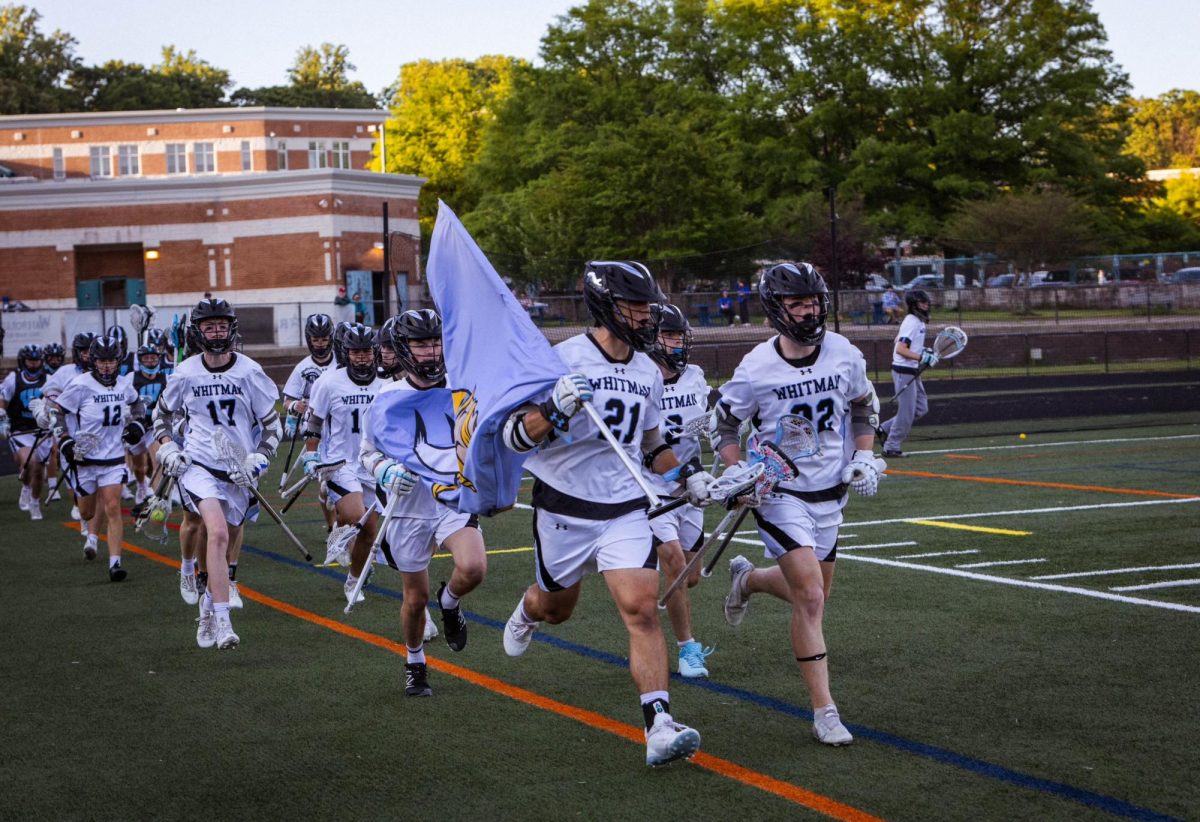Pandemic forces students to miss out on family, create new holiday traditions
The pandemic holidays have pushed students to find creative ways to spend time with loved ones.
December 23, 2020
As the holiday season nears, houses fill with glittering lights adorning Christmas trees, menorahs resting on front windows and decorations wrapped around the walls. This year, the holiday season also brings an unprecedented challenge: staying safe during a global pandemic. As a result of coronavirus restrictions, many families are unsure how to celebrate with relatives. Whether you’re traveling or staying at home, the holidays this year will be much different than previous years.
For junior Jordan Arlen, the holiday season typically serves as an opportunity to travel down to the sunnier southern states. Every year, Arlen’s family visits Florida during winter break and meets with extended family. They share crowded dinners and spend the entire day together. This year, however, Arlen’s plans have changed: instead of visiting her extended family in Florida, Arlen will celebrate with just her immediate family.
“It’s kind of depressing,” Arlen said. “Even though our usual hotel is very crowded and overwhelming, it’s still nice to be with other families as well.”
Similarly, senior Maayan Harris has a longstanding holiday tradition of meeting up in New Jersey with extended family from across the country. But in light of the pandemic, her family has decided not to embark on the journey due to immunocompromised relatives.
With plenty of young cousins, Harris typically loves spending time in New Jersey and catching up with her relatives. Not being able to visit them is difficult, especially since Harris and her cousins rarely have opportunities to meet up, she said.
“It’s definitely disconnected me from some of my family that I usually get to see,” Harris said. “Normally, I get to hear what they do throughout the whole year. Even with FaceTime, it’s still hard for it to be the same.”
Traveling restrictions have also limited classic holiday activities. Cookie decorating, gift exchanges and family dinners are all difficult to participate in while staying socially distant.
Junior Rachel Suissa usually drives up to grandma’s house in Rockville for a large holiday dinner, where they participate in secret Santa and exchange Hanukkah gifts. Adhering to safety guidelines, Suissa and her immediate family are staying home and arranging a virtual dinner with her extended relatives. Despite the physical distance, Suissa says she’ll still be able to celebrate, while also protecting her family members from contracting the virus.
“It’s been hard,” Suissa said. “We always have a big Moroccan Hanukkah dinner with all my cousins, but this year we can’t go because my mom is high-risk.”
These planning changes are a difficult but necessary step in the fight against COVID-19. Mass travel and increased exposure was a leading factor in the post-Thanksgiving coronavirus case spike this November. Not only can widespread holiday celebrations put high-risk relatives in harm’s way, but it can also place other people’s families and livelihoods at risk, Suissa said.
“The only way we’re going to get rid of the virus is by wearing masks and staying home, even when we want to see our families,” Harris said. “Everyone’s so tired of this pandemic, including me, but there’s no way it’s going to end if we just decide we’re over it emotionally and mentally.”
The CDC has advised people to limit their exposure to others during indoor holiday activities and follow precautions such as celebrating virtually or with your own household, keeping gatherings at a smaller size and preventing contact with others from outside your immediate family for more than 15 minutes.
While many traditions may be put on hold, there are plenty of safe activities available. Junior Olivia Sitrick attended the Winter Lights Festival in Gaithersburg, a 45 minute, drive-through lights show.
“It was super COVID-friendly since you stayed in your car the entire time,” Sitrick said. “Activities like this are definitely a better activity than something indoors or something very crowded because it helps keep everyone safe and healthy.”
Remaining emotionally available, taking actions against the pandemic and keeping spirits high are all especially important during the holidays, Harris said.
“This season has always represented some sort of warmth and happiness to me, especially with the music and all the lights,” Arlen said. “I don’t think it’s necessarily been lost just because there’s COVID. People are still finding ways to spread that holiday cheer and happiness, which I appreciate in this hard time.”









